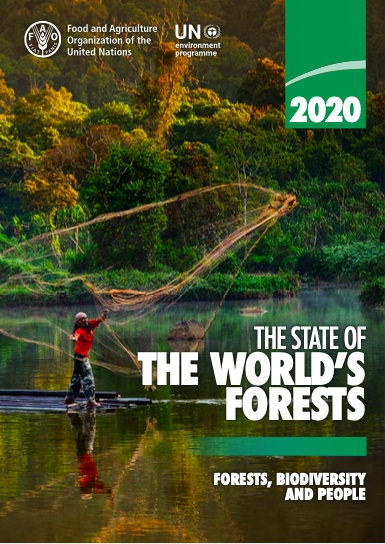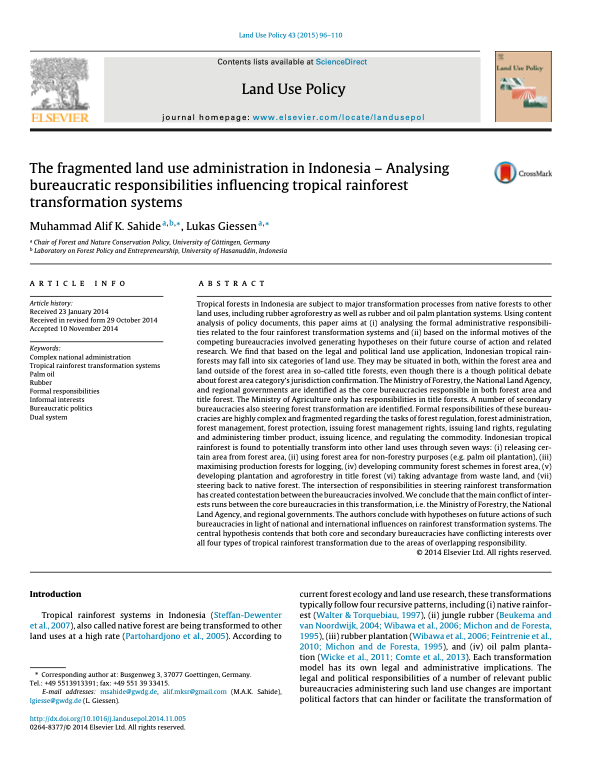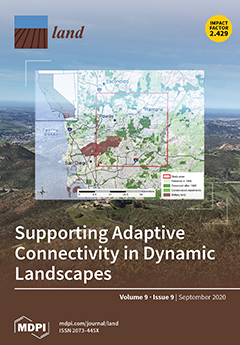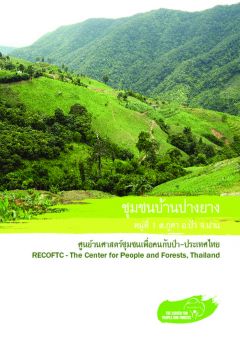The State of the World’s Forests 2020
As the United Nations Decade on Biodiversity 2011–2020 comes to a close and countries prepare to adopt a post-2020 global biodiversity framework, this edition of The State of the World’s Forests (SOFO) examines the contributions of forests, and of the people who use and manage them, to the conservation and sustainable use of biodiversity.











